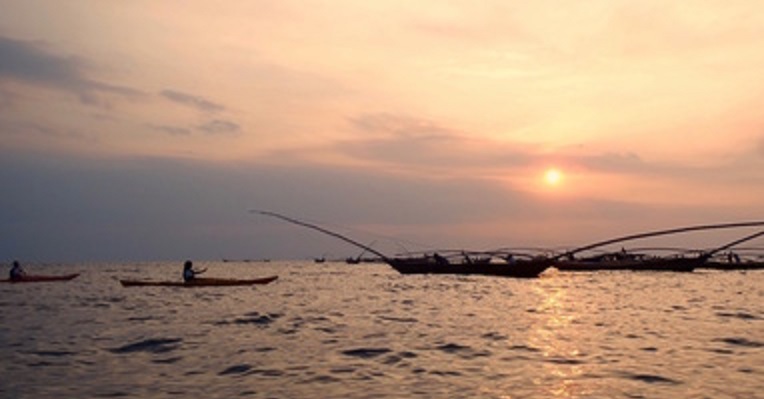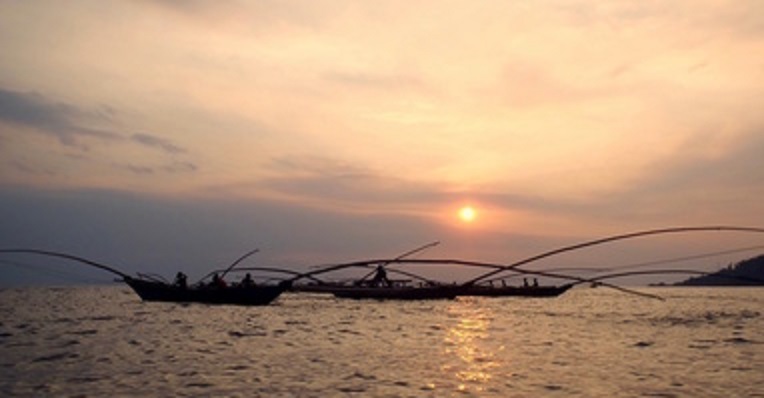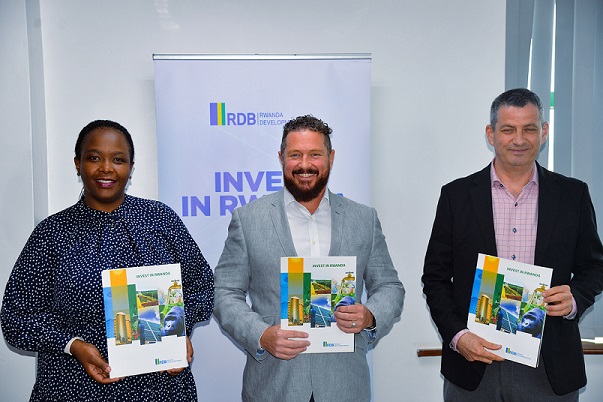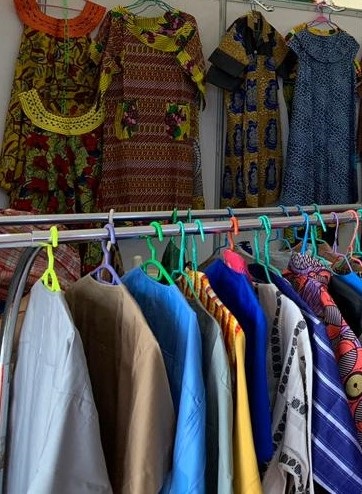The processing sector also faced closures due to reduced/lost consumer demand. Therefore, many business fall and income decreased ,also some business women become Jobles. Fish and fish products that are highly dependent on international trade suffered quite early in the development of the pandemic from the restrictions and closures of global markets.
whereas fresh fish and shellfish supply chains were severely impacted by the closure of the food service sectors (e.g. hotels, restaurants and catering facilities, including school and work canteens). This has had a significant impact, especially on business women in Karongi District.It is therefore recommended by experts that special attention and support be given to women, also district officials said that advocacy for their business recovery proceed well and they are expecting fruitful results.
“Self-isolation and restriction of mobility reduce demand for fish and fish products for my clients in Kigali City, Rusizi and Gisenyi district, especially at cross border markets. which has negative economic impacts on me and my fellows, livelihoods and income immediately (harvesting and trading).” Mujawamariya Denise, from Bwishyura, kiniha Cell, kiyovu village said.
“Fisherwomen, also have experienced the challenges on their business at the local markets and abroad, which mostly caused by coronavirus. A lack of economic opportunities, women fish vendors may be exposed to lack of business, since cross borders trade markets still closed. This is all the more fundamental in view of women’s decreased job security, especially those informally employed in the fisheries sectors. But through progressive conversations and advocacy with our district development partners, we are looking how they can recovery their business beyond this pandemic.” MUKASE Valentine, Vice Mayor/ASOC, Karongi District Said.
Due to covid19 and lockdown Fisheries not allowed. Yet, some choose to do illegal fishing.
Whereby, Police Marine operations conducted in Lake Kivu on Friday, July 24, against illegal fishing arrested ten poachers.
The Marine Commanding Officer (CO), Assistant Commissioner of Police (ACP) Elias Mwesigye said that the operation was conducted on the Islands of Mafundugu and Nyanamo in Sector Musasa of Rutsiro District, where 16 wooden boats and 15 rolls of illicit fishing nets known as kaningini that were being used by the poachers, were also seized.
"On Mafundugu Island, we arrested six poachers and impounded nine boats and seven rolls of illicit fishing nets. On Nyanamo Island, we arrested four poachers, impounded seven boats and eight rolls of illicit and destructive fishing gears,” ACP Mwesigye said.
Fish and fish products are among the most traded food products in the world, with 38 percent of fish/seafood entering international trade. At the same time, fishing and fish farming are important at local level for the livelihoods of many fish-dependent communities, as well as for low-income countries and small island developing states.
According to FAO, Measures to contain the spread of COVID-19 (e.g. closure of food services, cessation of tourism, reduction of transport services, trade restrictions, etc.) have caused disruption in both domestic and international supply chains. The fact that live, fresh or chilled fish, which represent 45 percent of fish consumed, are highly perishable products presents additional logistical challenges. Furthermore, widespread containment measures can have a notable impact on nations that trade significant amounts of seafood, reducing foreign incomes or threatening food security. Keeping the supply chain open is fundamental to avoid a global food crisis.
FAO’s first objective is to ensure food and nutrition security by supporting and restarting fisheries and aquaculture food supply chains, while focusing on the most vulnerable groups and regions. has developed a policy brief on the impacts of COVID-19 on the sector and policy response. is coordinating information and response with international and regional partners e.g. regional fisheries bodies, intergovernmental economic organizations, research centers,etc .has assembled a dedicated COVID-19 Fisheries and Aquaculture Task Force to collect information, assess impacts and assist countries in addressing the impacts of COVID-19 in the sector.







